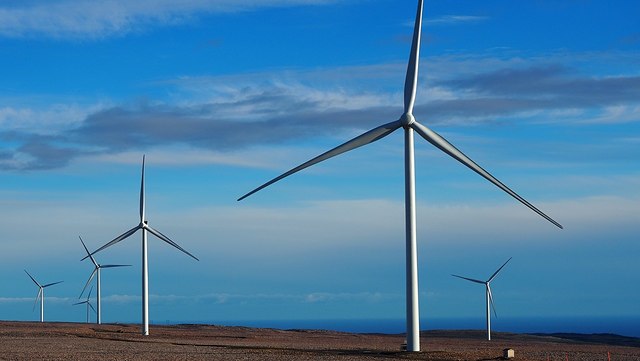Infrastructuring the Commons

Photo: private
Background of the working group
Any trajectory towards a broader socioecological transformation is contingent on the restructuring of existing infrastructures and the creation of new ones. These infrastructural transformations can have a destructive effect and cause socio-ecological conflicts, for example in the case of renewable energy infrastructures. However, they also have the potential to bring about alternative economies and ways of living. Commons, or practices of “commoning”, for example in the sector of energy or food, experiment with the collective provisioning of goods and services on a small scale and thus question private property and commodity relations. Yet, these initiatives often face infrastructural constrains. At the same time, the equitable and sustainable use and governance of commons is largely determined by how they are practically "infrastructured."
Objectives of the working group
The working group addresses the connections between immaterial and material infrastructures. While immaterial infrastructures refer mainly to legal-political frameworks, norms and rules, material infrastructures comprise of physical and technical setups through which the use of physical common goods such as soil, air, water, and biodiversity becomes possible in the first place. The working groups pursues the overarching questions of how and by whom a sustainable and equitable or convivial use and governance of the commons can be practically infrastructured and under which infrastructural conditions new forms of commoning emerge. Analytically, it follows a relational perspective that views both infrastructures and commons as processual, fragile, and often contested webs of relationships between people and their non-human environment. This reconceptualization directs attention to the diverse socio-material practices through which infrastructures or commons emerge or change. Moreover, this perspective points to the inherent normative and political character of infrastructures and commons. It thus enables us to analyze the values, knowledge systems, and imaginaries of the future embedded in infrastructure and commons projects, as well as their capacity to overcome unjust power relations.
Objectives of the working group
The working group follows an interdisciplinary and discursive working method, in the form of regular working meetings of the members. Experts will be brought in on a selective basis at workshops to develop open questions and appropriate further research perspectives and projects.
